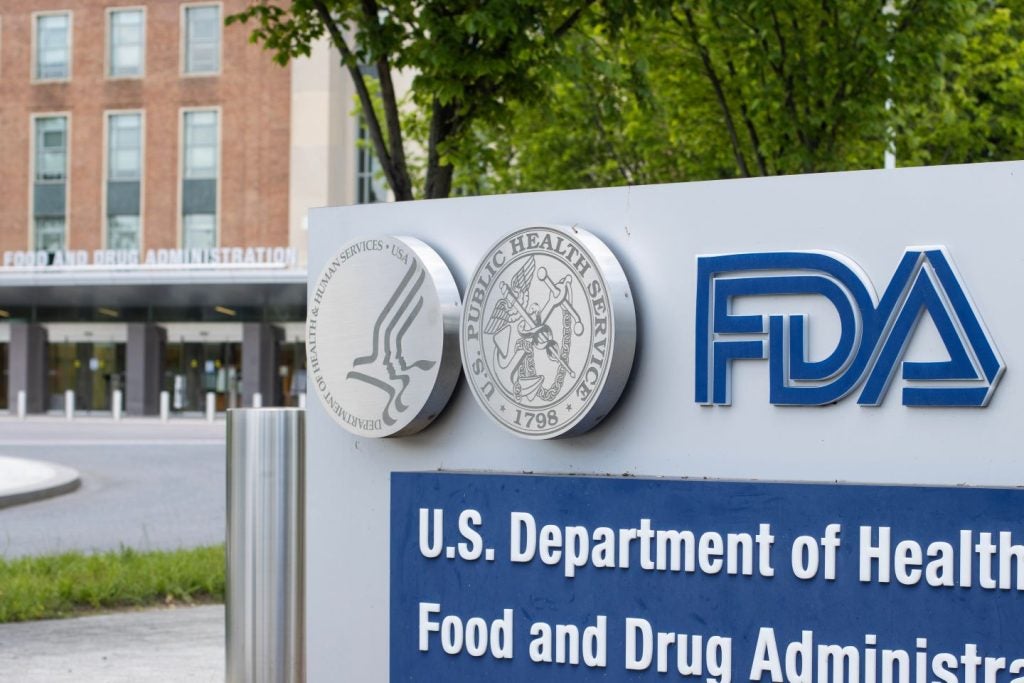Researchers of a study co-led by the Institute of Cancer Research (ICR) and the Royal Marsden National Health Service (NHS) Foundation Trust have shared findings on a spit test for those at high risk of prostate cancer, which could detect the disease earlier than current tests.
Ros Eeles, principal investigator for the study and a professor at the ICR, as well as a consultant at the Royal Marsden NHS Foundation Trust, shared the study’s findings at the Association of Clinical Oncologists (ASCO) Annual Meeting 2024, which is currently taking place until June 4.
The BARCODE 1 study examined Caucasian men aged 55-69 years who used an at-home spit sample test to calculate the prostate cancer polygenic risk scores (PRSs) of more than 6,000 European men. PRSs were based on 130 genetic variations, many of which are hereditary and have previously been shown to be linked with prostate cancer through DNA studies of thousands of men.
From the initial study intake, the research team invited men among the highest 10% of risk scores for further screening. Following an MRI and prostate biopsy, 40% of this group were diagnosed with prostate cancer.
The results reflect a 15% increase in the 25% of men identified by prostate-specific antigen (PSA) tests who have prostate cancer.
The findings could have profound implications on prostate cancer diagnosis given there is no national screening programme for prostate cancer in the UK because previous research has shown that PSA testing is not a reliable test for picking up prostate cancer that would require treatment.
“We have shown that a simple, cheap spit test to identify men at higher risk due to their genetic makeup is an effective tool to catch the cancer early,” said Eeles.
“Building on decades of research into the genetic markers of prostate cancer, our study shows that the theory does work in practice – we can identify men at risk of aggressive cancers who need further tests and spare the men who are at lower risk from unnecessary treatments.”
Naser Turabi, director of evidence and implementation at Cancer Research, said it was “encouraging” to see that genetic testing might help to guide a more targeted approach to screening based on their risk of developing prostate cancer and that more research would now be required.
Around 12,000 men in the UK lose their lives to prostate cancer each year. Last year on International Men’s Day – 19 November – the government and Prostate Cancer UK unveiled a screening trial to identify ways of detecting prostate cancer in its earlier stages.
The TRANSFORM trial aims to recruit thousands of men who are at higher risk of prostate cancer and plans to ill-use solutions such as magnetic resonance imaging screening to identify cases not detected by blood tests and in the absence of cancer symptoms.















